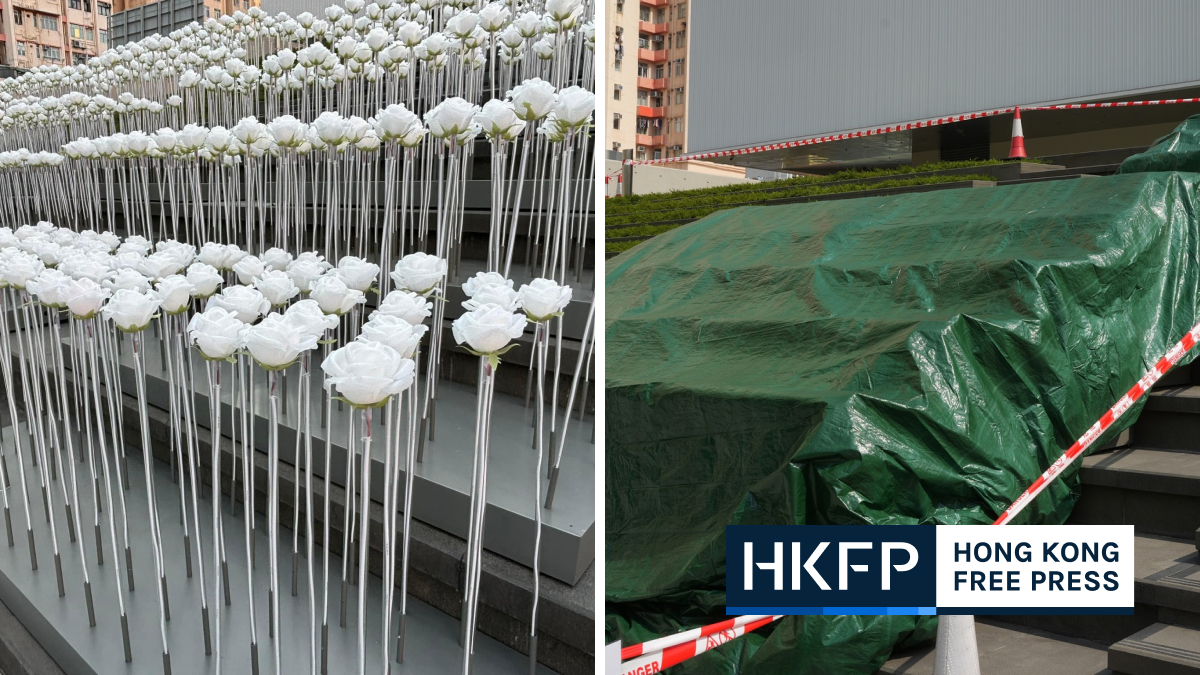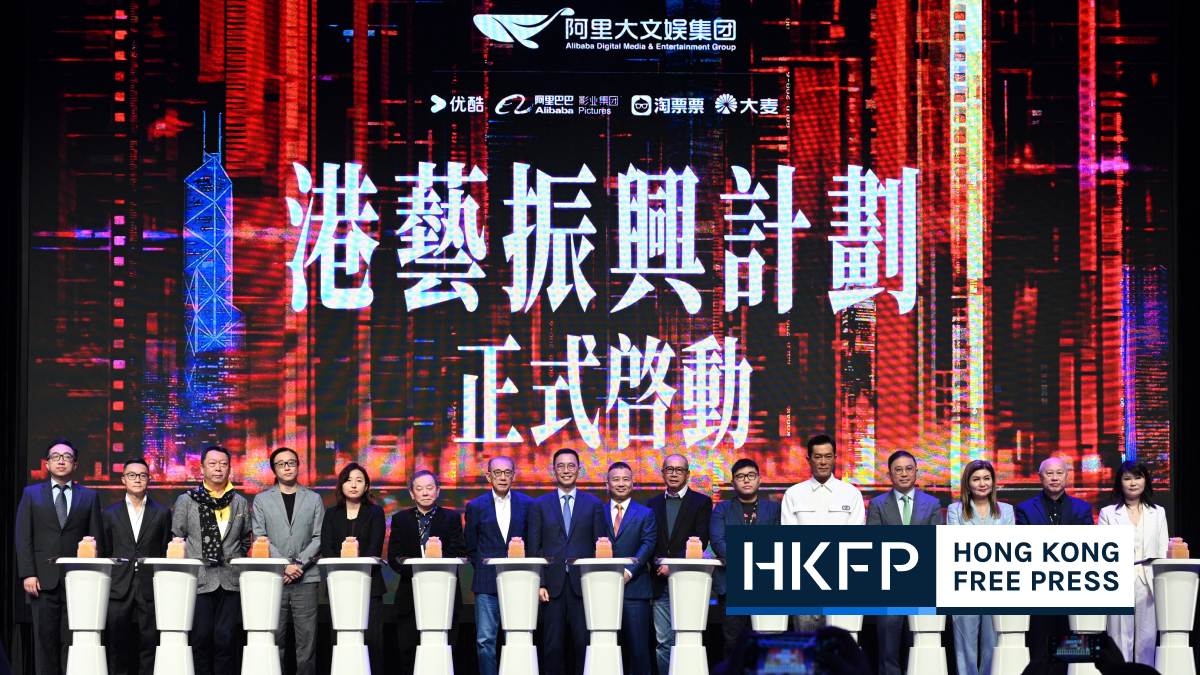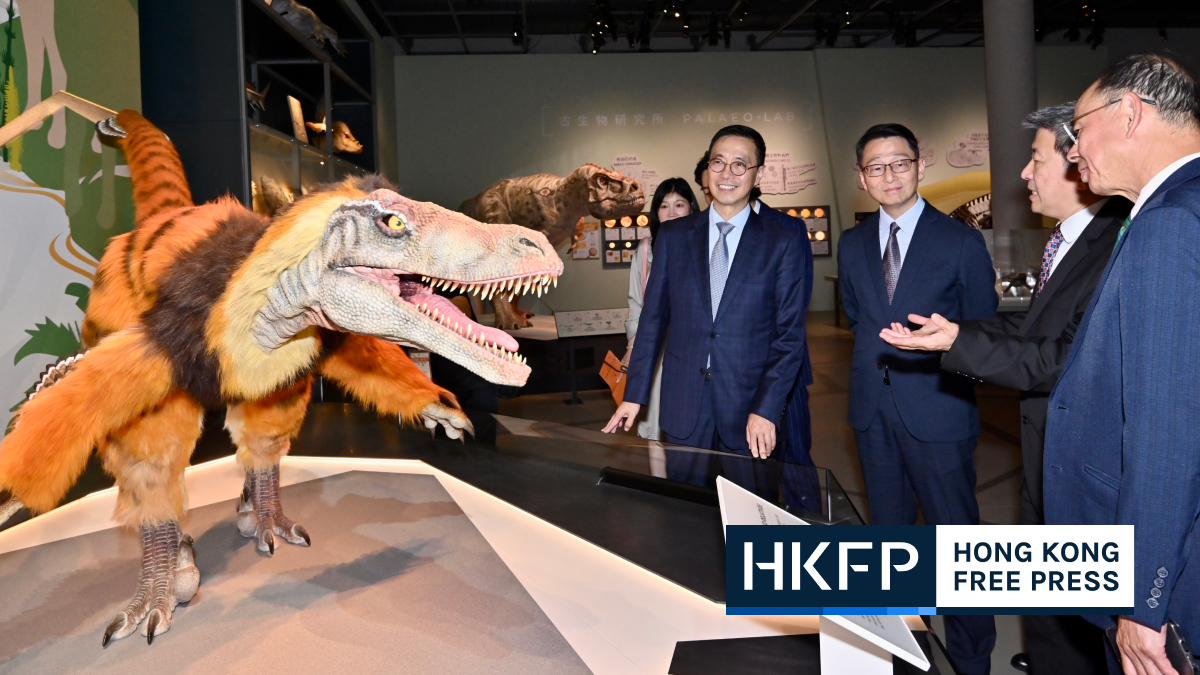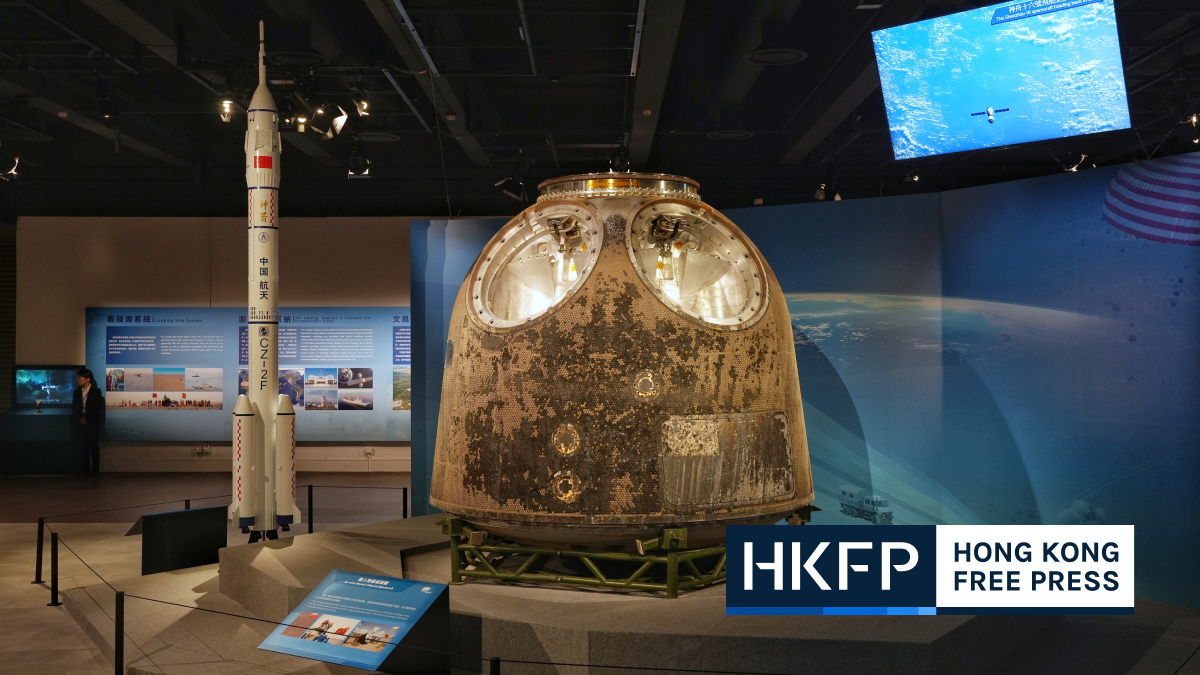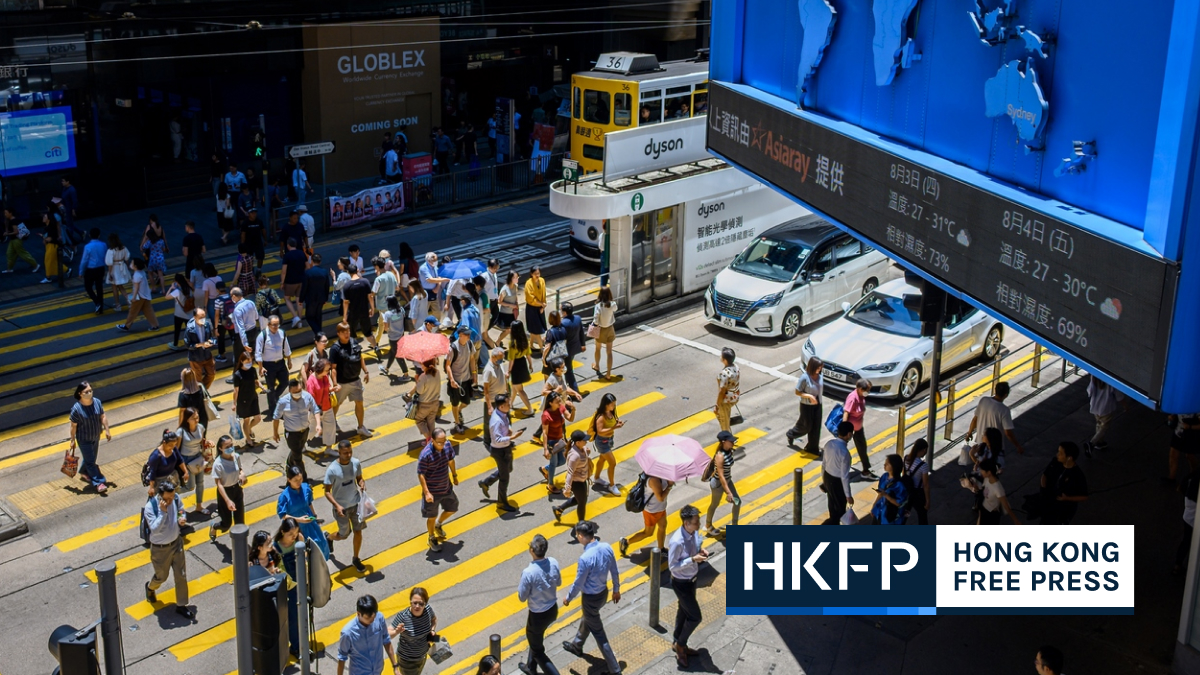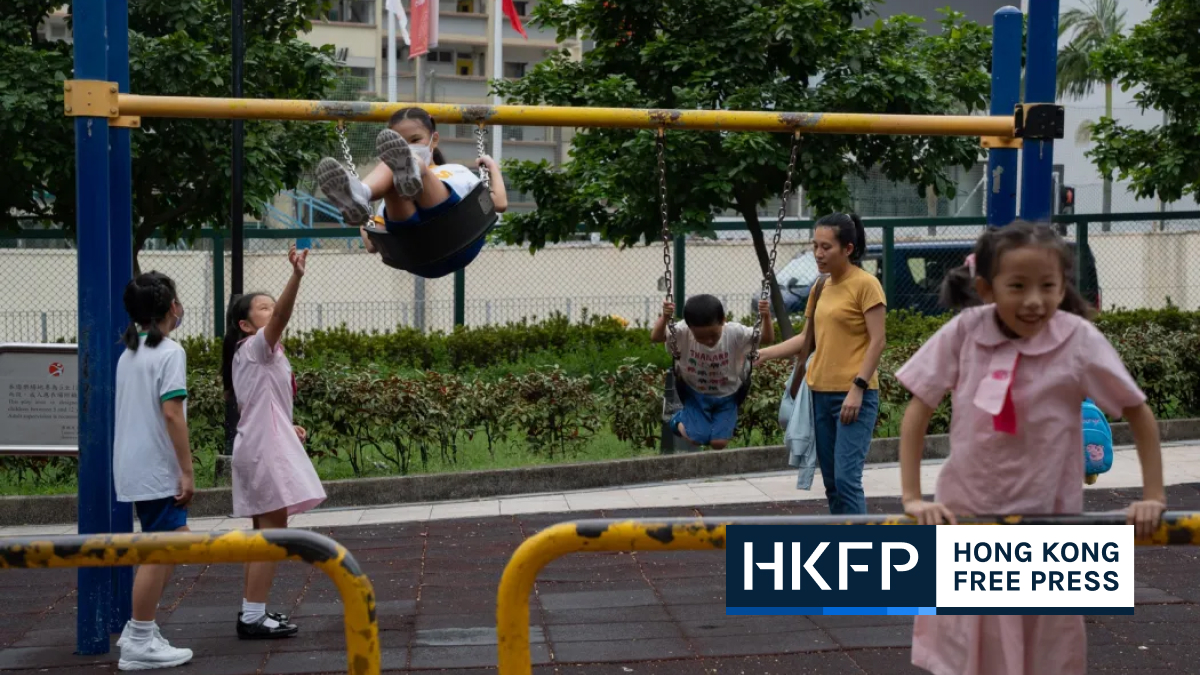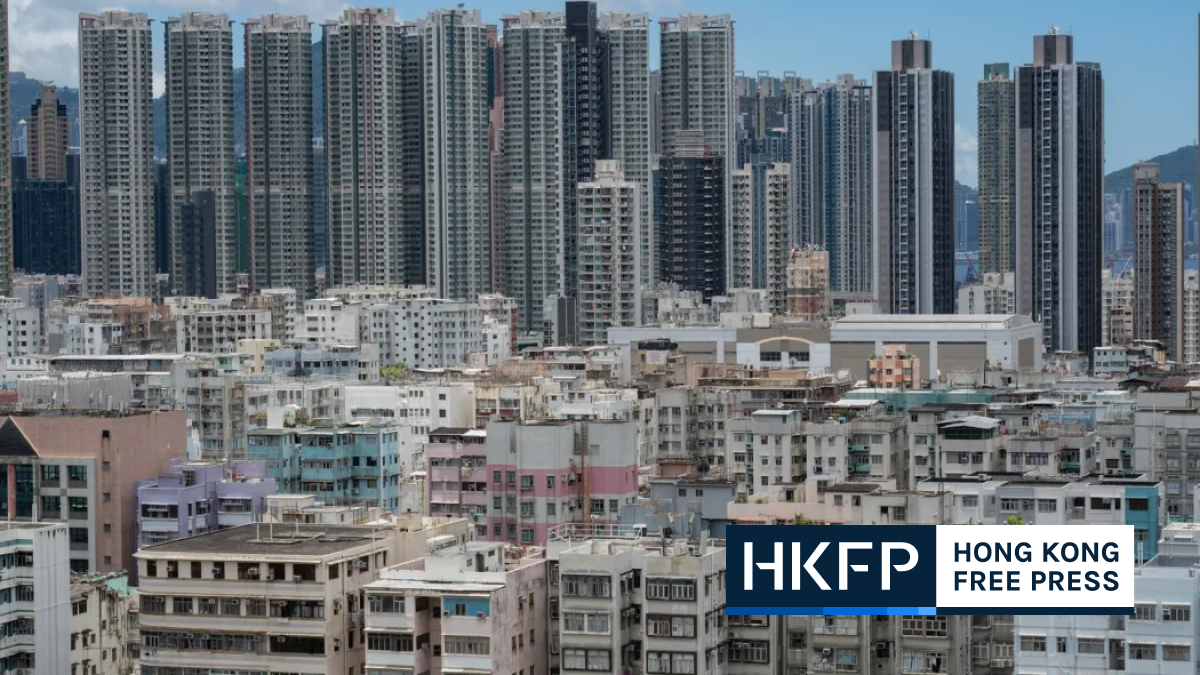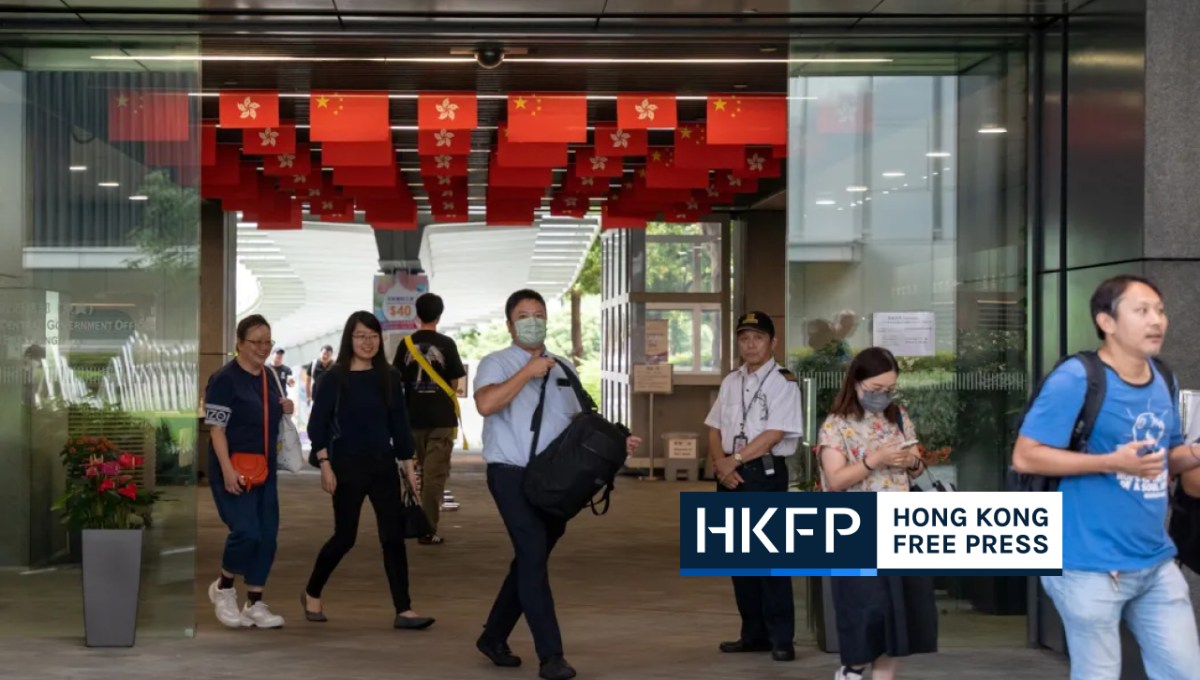Hong Kong is set to increase the number of non-local students admitted to universities and provide more scholarship opportunities, as part of an attempt to promote the city as an international education hub.

Reading out his Policy Address at the Legislative Council on Wednesday, Chief Executive John Lee said Hong Kong’s eight government-funded universities would double the quota allocated for non-local students starting from the next academic year beginning in September 2024.
“The institutions may take into account their capacity to proceed, step by step, with admission of more non-local students, especially students from Belt and Road countries and from the mainland,” Lee said.
Under the current admission scheme, the eight institutions offer a total of 15,000 first-year degree places to local students. The proposal would allow universities to admit up to 6,000 non-local undergraduates.

Raising the ceiling of non-local students would not affect local intake, education sector lawmaker Chu Kwok-keung told HKFP last week.
He said that due to population decline, universities were facing fewer admissions. The public should understand that increasing the admission quota of non-local students did not mean reducing opportunities for local students to enrol in degree programmes, Chu added.
“Rather, [raising the ceiling] allows non-local students who were previously eligible for admission to still have the opportunity to study in Hong Kong and potentially contribute as local talent in the future,” he said.
HK$1 billion injected into scholarship fund
The government also planned to inject HK$1 billion into its Government Scholarship Fund, increasing the scholarship quota for students from Belt and Road countries by 50 per cent.
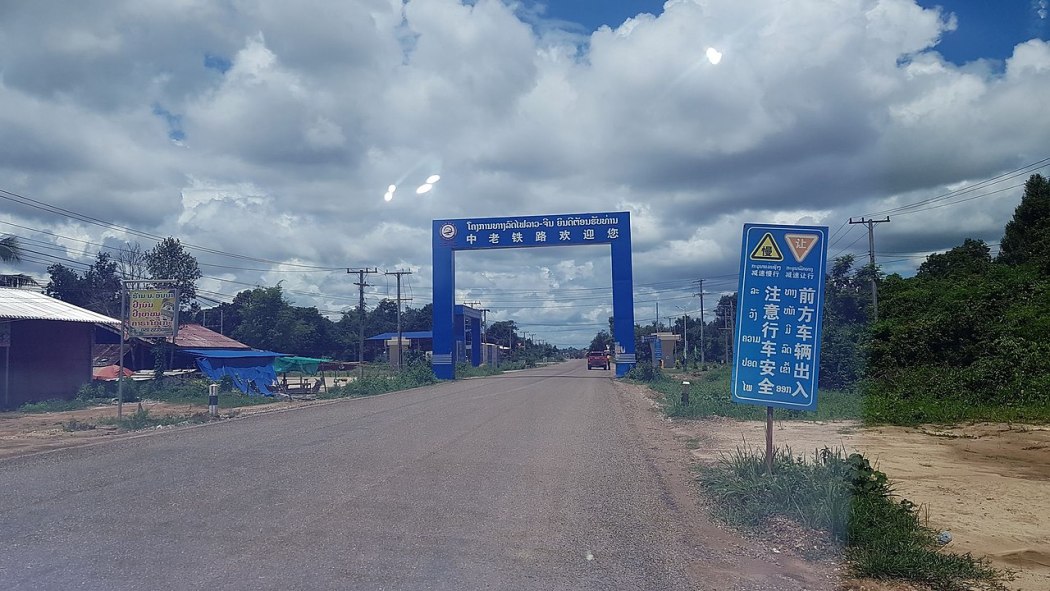
The Belt and Road Initiative is one of Chinese leader Xi Jinping’s signature foreign policies, which has seen the country investing heavily in major overseas infrastructure projects across South and Southeast Asia and in several African countries.
Supporters of the strategy say it will help boost trade and raise gross domestic product in participating nations. Critics, however, have called it a Trojan horse designed to increase China’s influence.
Meanwhile, the Hong Kong PhD Fellowship Scheme – aimed at attracting “the best and brightest students in the world to study in the city, according to its website – will increase its quota from 300 to 400 starting in the next academic year.

The city will also lift restrictions relating to non-local postgraduate students taking up part-time jobs.
The measures to entice non-local students to study in Hong Kong come amid a mass exodus following Beijing’s imposition of a national security law in 2020 and years-long strict Covid-19 restrictions. Amid a declining population, universities have also seen a decline in enrolment in recent years.
Publicly-funded tertiary institutions have had to incorporate national security education into their offerings, with undergraduate students required to pass a course about Beijing’s security legislation to graduate.
Last year, Lee introduced a slew of talent attraction policies to incentivise professionals to come to the city by launching a visa scheme targeting high earners and top university graduates.
“Starting from this November, full time non-local postgraduate students will be temporarily exempted from the restrictions on taking up part-time jobs … this arrangement will be implemented on a trial basis for two years, during which more than 35 000 students are expected to benefit,” Lee announced on Wednesday.
Support HKFP | Policies & Ethics | Error/typo? | Contact Us | Newsletter | Transparency & Annual Report | Apps
Help safeguard press freedom & keep HKFP free for all readers by supporting our team


